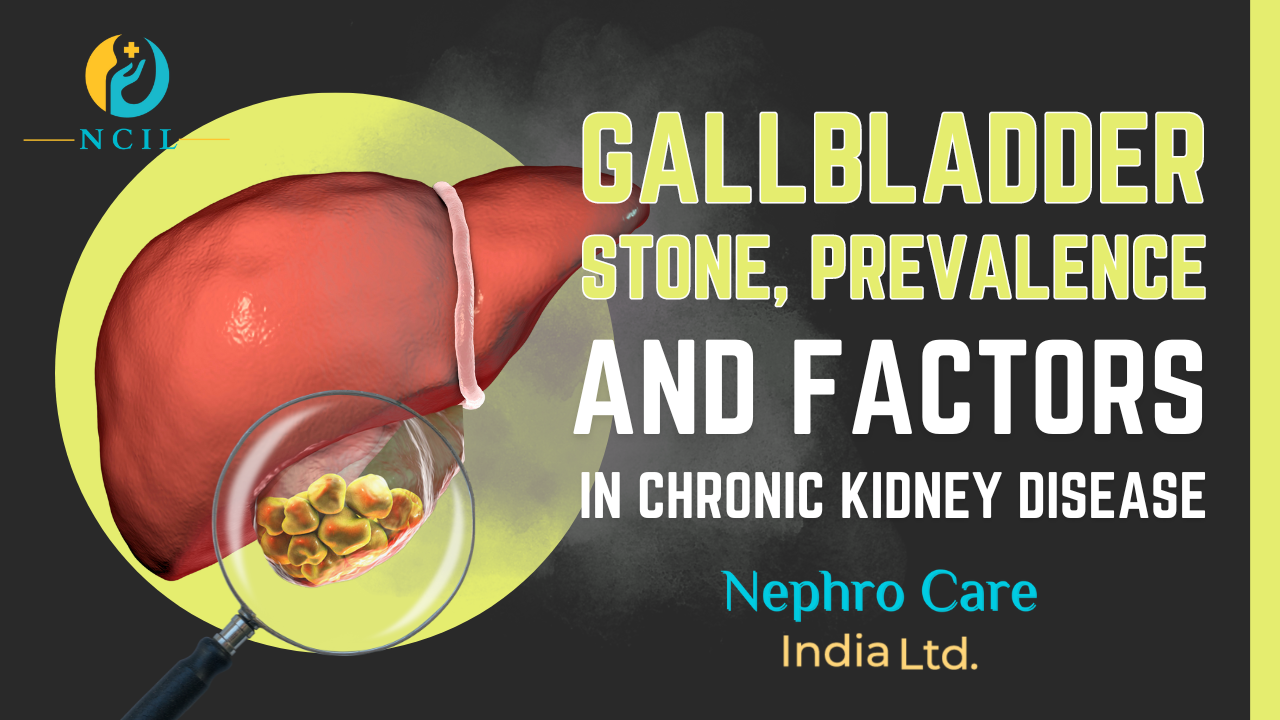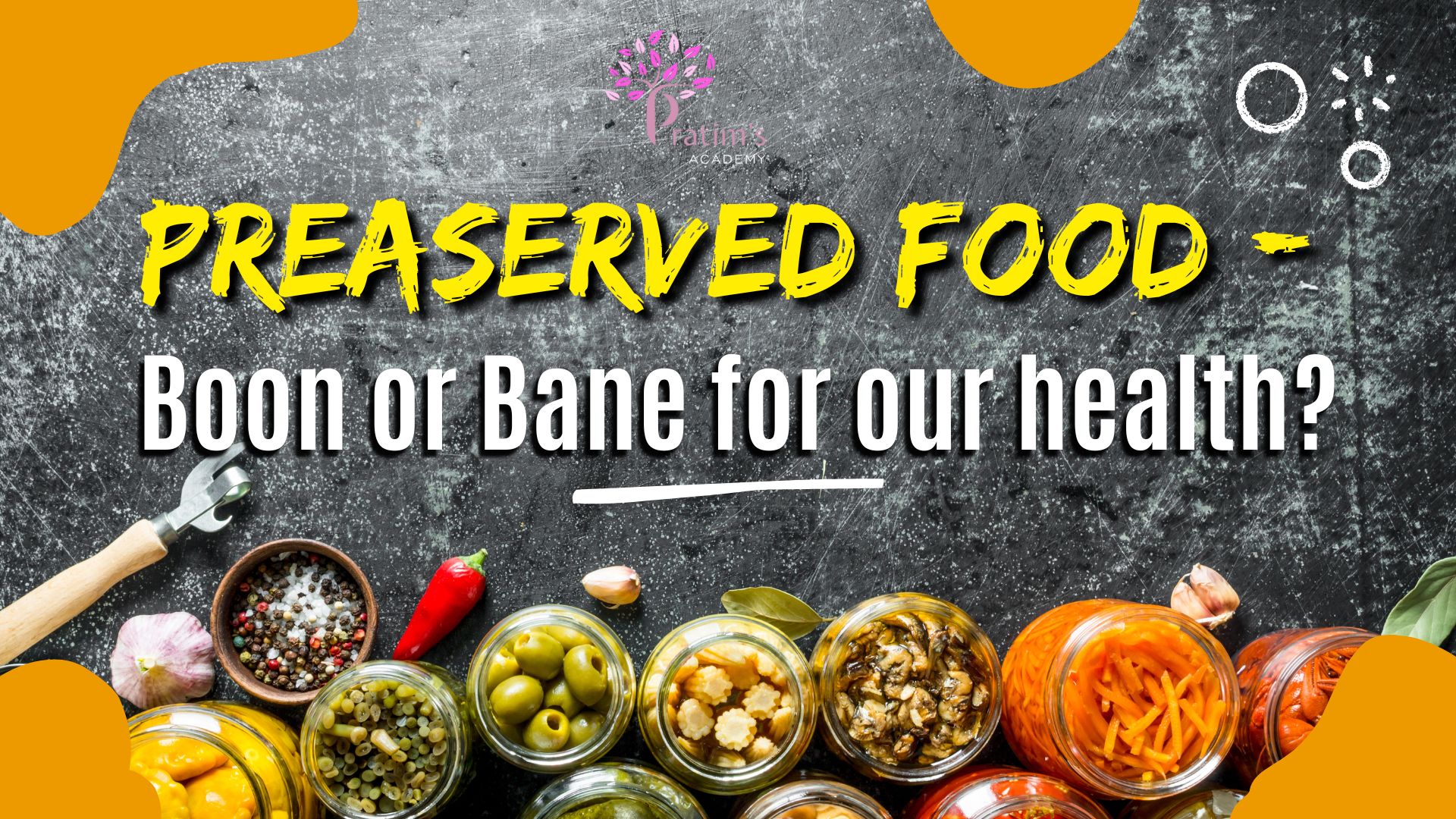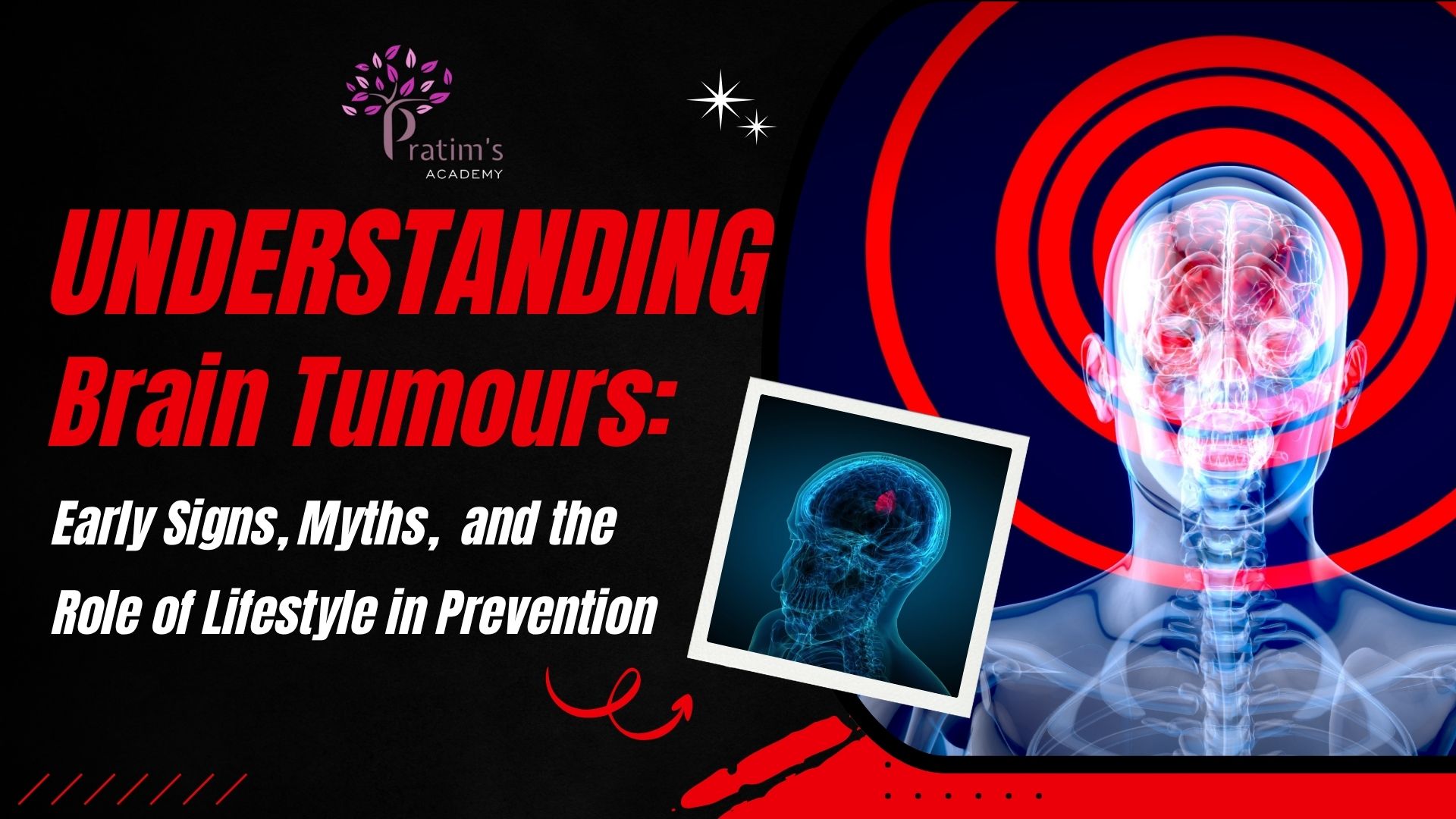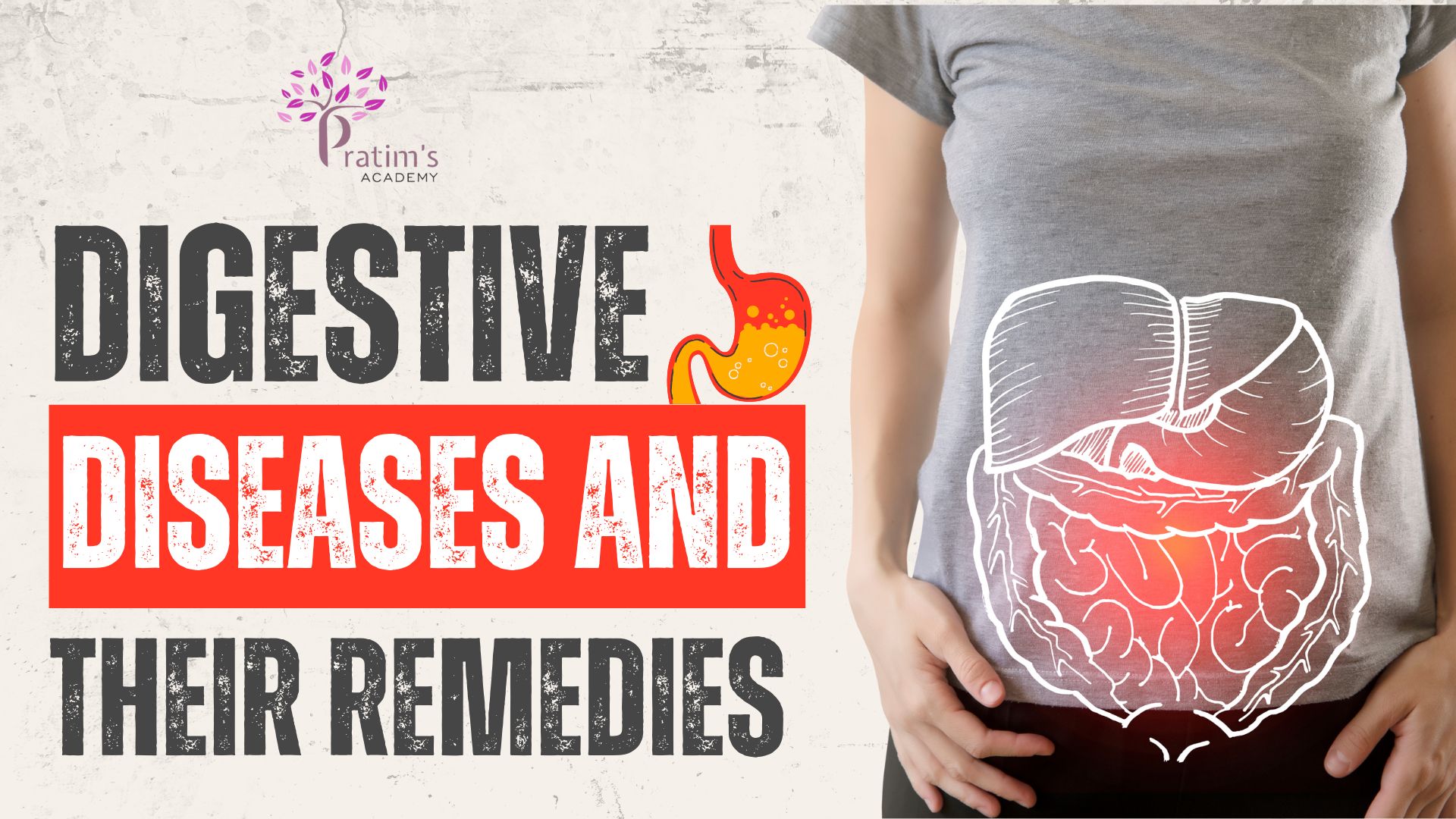
- 977
- 0
Gallbladder Stone Prevalence and Factors in CKD
Chronic kidney disease (CKD) is a complex health condition that affects the functioning of the kidneys. Recent studies have shed light on an intriguing connection between CKD and the prevalence of gallstones. In this blog, we will discuss about the relationship between gallbladder stones and Chronic kidney Disease, as well as the factors that contribute to their coexistence.

Understanding Chronic Kidney Disease:
Chronic kidney disease is characterized by the gradual loss of kidney function over time. The kidneys play a vital role in filtering waste and excess fluids from the blood, maintaining electrolyte balance, and producing hormones that regulate blood pressure. As CKD progresses, these functions become compromised, leading to a range of health issues.

The Link Between Gallbladder Stones and CKD:
Research has suggested a bidirectional relationship between gallstones and chronic kidney disease. The mechanisms linking the two conditions are multifaceted and can involve metabolic, inflammatory, and hormonal factors.

Metabolic Factors:
- Metabolic syndrome, often seen in CKD patients, is characterized by obesity, high blood pressure, insulin resistance, and dyslipidemia. These factors contribute to the formation of gallstones, which are hardened deposits in the gallbladder.
Inflammation:
- Chronic inflammation, a common feature in both gallstone formation and CKD, may create a favorable environment for the development of both conditions. Inflammatory processes can impact the gallbladder and renal function simultaneously.
Hormonal Changes:
- Hormonal imbalances, such as those associated with obesity and metabolic syndrome, may play a role in the development of gallstones. Additionally, hormonal changes in CKD patients can influence gallbladder motility, potentially contributing to stone formation.
Factors Contributing to Gallbladder Stone Prevalence in CKD Patients:
Reduced Gallbladder Emptying:
- CKD can affect the normal contraction and relaxation of the gallbladder, leading to reduced emptying. This stasis of bile within the gallbladder creates an environment conducive to stone formation.
Altered Lipid Metabolism:
- Dyslipidemia, commonly observed in CKD, involves abnormal levels of cholesterol and triglycerides. This imbalance can contribute to the formation of cholesterol-based gallstones.
Dehydration and Electrolyte Imbalance:
- CKD often results in fluid and electrolyte imbalances. Dehydration can concentrate bile in the gallbladder, promoting stone formation. Electrolyte disturbances may also affect gallbladder function.
Click the following You Tube video to know more about optimum fluid intake👇
Medication Use:
- Certain medications used in CKD management may impact gallbladder function or contribute to the development of gallstones. It’s essential for healthcare providers to consider the potential side effects of medications.
Preventive Measures and Management:
Dietary Modifications:
- Adopting a diet low in saturated fats, cholesterol, and refined sugars can help manage both CKD and gallbladder stone risk. Increased fiber intake from fruits, vegetables, and whole grains promotes digestive health.

You can join to our diet team & feel free to ask any questions regarding your diet. Click below 👇
Hydration:
- Adequate fluid intake is crucial for preventing dehydration and maintaining optimal gallbladder function. Staying well-hydrated can reduce the risk of stone formation.
Regular Monitoring:
- CKD patients should undergo regular monitoring of kidney function, as well as assessments for gallbladder health. Early detection allows for timely intervention and management.
Physical Activity:
- Regular exercise contributes to overall metabolic health, helps control weight, and may reduce the risk of gallstone formation. It also benefits kidney function and cardiovascular health in CKD patients.
To Join our MUKTI Program, Contact here 8017041315
Conclusion:
The intricate relationship between gallbladder stones and chronic kidney disease underscores the importance of holistic healthcare approaches. Understanding the factors contributing to both conditions allows for targeted preventive measures and more effective management strategies. Patients with CKD should work closely with healthcare providers to address risk factors, adopt a healthy lifestyle, and undergo regular screenings. By unraveling the connection between gall stones and CKD, we empower individuals to take proactive steps toward better overall health and well-being.
For further assistance, feel free to contact us👇
Comment
Check Your EGFR
***We Promise, no spam!








